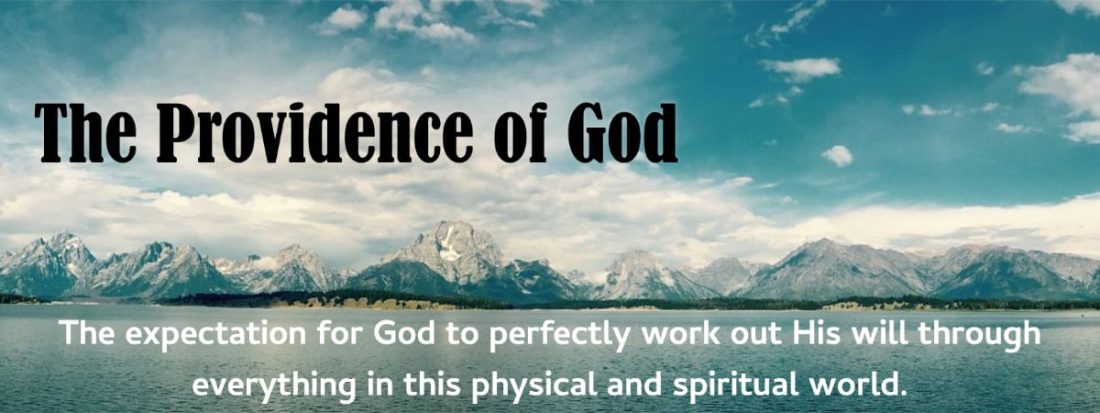This Rejoice & Praise God Sunday Open Thread, with full respect to those who worship God on the Sabbath, is a place to reaffirm our worship of our Creator, our Father, our King Eternal.
It’s also a place to read, post, and discuss news that is worth knowing and sharing. Please post links to any news stories that you use as sources or quote from.
In the QTree, we’re a friendly and civil lot. We encourage free speech and the open exchange and civil discussion of different ideas. Topics aren’t constrained, and sound logic is highly encouraged, all built on a solid foundation of truth and established facts.
We have a policy of mutual respect, shown by civility. Civility encourages discussions, promotes objectivity and rational thought in discourse, and camaraderie in the participants – characteristics we strive toward in our Q Tree community.
Please show respect and consideration for our fellow QTreepers. Before hitting the “post” button, please proofread your post and make sure your opinion addresses the issue only, and does not confront or denigrate the poster. Keep to the topic – avoid “you” and “your”. Here in The Q Tree, personal attacks, name-calling, ridicule, insults, baiting, and other conduct for which a penalty flag would be thrown are VERBOTEN.
In The Q Tree, we’re compatriots, sitting around the campfire, roasting hot dogs, making s’mores, and discussing, agreeing, and disagreeing about whatever interests us. This board will remain a home for those who seek respectful conversations.
Please also consider the Guidelines for posting and discussion printed here:
https://www.theqtree.com/2019/01/01/dear-maga-open-topic-20190101/
On this day and every day –
God is in Control
. . . and His Grace is Sufficient, so . . .
Keep Looking Up

Hopefully, every Sunday, we can find something here that will build us up a little . . . give us a smile . . . and add some joy or peace, very much needed in all our lives.
“This day is holy to the Lord your God;
do not mourn nor weep.” . . .
“Go your way, eat the fat, drink the sweet,
and send portions to those for whom nothing is prepared;
for this day is holy to our Lord.
Do not sorrow,
for the joy of the Lord is your strength.”




God’s Sovereignty & Man’s Free Will
It is impossible for us to fully understand the relationship between God’s sovereignty and man’s free will and responsibility. Only God truly knows how they work together in His plan of salvation. With this doctrine, probably more so than with any other, it is crucially important to admit our inability to fully grasp the nature of God and our relationship with Him. Going too far to either side results in a distorted understanding of salvation.
Scripture is clear that God determines who will be saved (Romans 8:29; 1 Peter 1:2). Ephesians 1:4 tells us that God chose us “before the creation of the world.” The Bible repeatedly describes believers as the “chosen” (Romans 8:33, 11:5; Ephesians 1:11; Colossians 3:12; 1 Thessalonians 1:4; 1 Peter 1:2, 2:9) and the “elect” (Matthew 24:22, 31; Mark 13:20, 27; Romans 11:7; 1 Timothy 5:21; 2 Timothy 2:10; Titus 1:1; 1 Peter 1:1). The fact that believers are predestined (Romans 8:29-30; Ephesians 1:5, 11) and elected for salvation (Romans 9:11, 11:28; 2 Peter 1:10) is clear.
The Bible also says that we are responsible for receiving Christ as Savior. If we believe in Jesus Christ we will be saved (John 3:16; Romans 10:9-10). God knows who will be saved and God chooses who will be saved, and we must choose Christ in order to be saved. How these facts work together is impossible for a finite mind to comprehend (Romans 11:33-36). Our responsibility is to take the gospel to the world (Matthew 28:18-20; Acts 1:8). We should leave foreknowledge, election, and predestination up to God and simply be obedient in sharing the gospel.
Along these same lines, the following are some excerpts from C. H. MackIntosh, a noted Christian theologian of the 19th century.

Charles Henry Mackintosh
Born: October 1820 Died: 2 November 1896
[Many Christians] cannot see the rightness of calling upon the unconverted to “come,” to “hear,” to “repent,” or to “believe.” It seems to [them] like telling a crab-tree to bear some apples in order that it may become an apple-tree.
Now, we thoroughly believe that faith is the gift of God, and that it is not according to man’s will or by human power. And further, we believe that not a single soul would ever come to Christ if not drawn, yea, compelled by divine grace so to do; and therefore all who are saved have to thank the free and sovereign grace of God for it; their song is, and ever shall be, “Not unto us, O Lord, not unto us, but unto Thy name give glory, for Thy mercy, and for Thy truth’s sake.”
And this we believe not as part of a certain system of doctrine, but as the revealed truth of God. But, on the other hand, we believe, just as fully, in the solemn truth of man’s moral responsibility, inasmuch as it is plainly taught in Scripture.
[God] has not confined Himself within the narrow limits of any school of doctrine. He has revealed Himself. He has told out the deep and precious secrets of His heart. He has unfolded His eternal counsels, as to the Church, as to Israel, the Gentiles, and the wide creation. Men might as well attempt to confine the ocean in buckets of their own formation as to confine the vast range of divine revelation within the feeble enclosures of human systems of doctrine. It cannot be done, and it ought not to be attempted. Better far to set aside the systems of theology and schools of divinity, and come like a little child to the eternal fountain of Holy Scripture, and there drink in the living teachings of God’s Spirit.
Let us face Scripture as it stands, and reject everything which will not stand the test. We may well call in question the soundness of a system which cannot meet the full force of the Word of God as a whole. If passages of Scripture seem to clash, it is only because of our ignorance. Let us humbly own this, and wait on God for further light. This, we may depend upon it, is safe moral ground to occupy. Instead of endeavoring to reconcile apparent discrepancies, let us bow at the Master’s feet and justify Him in all His sayings. Thus shall we reap a harvest of blessing, and grow in the knowledge of God and His Word as a whole.










